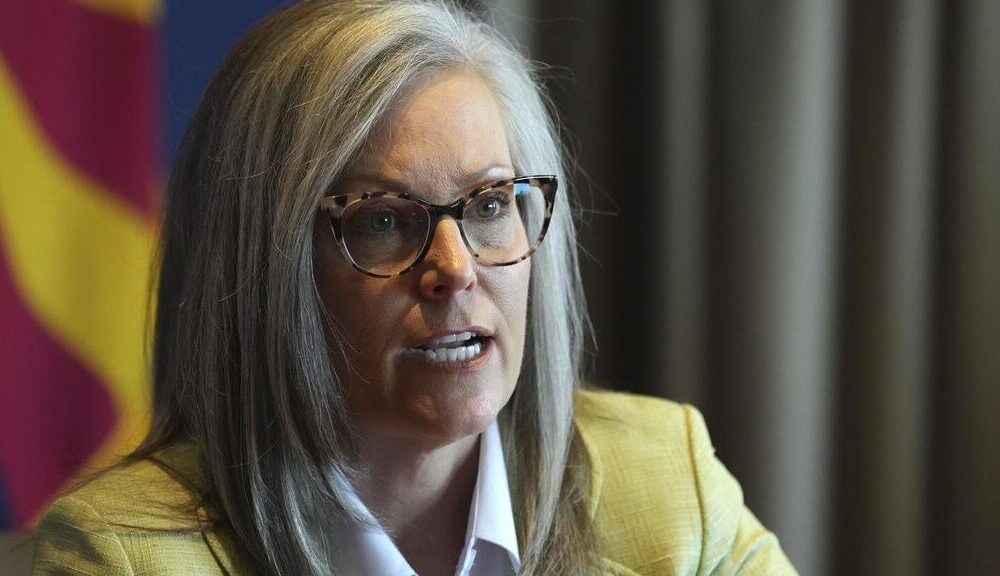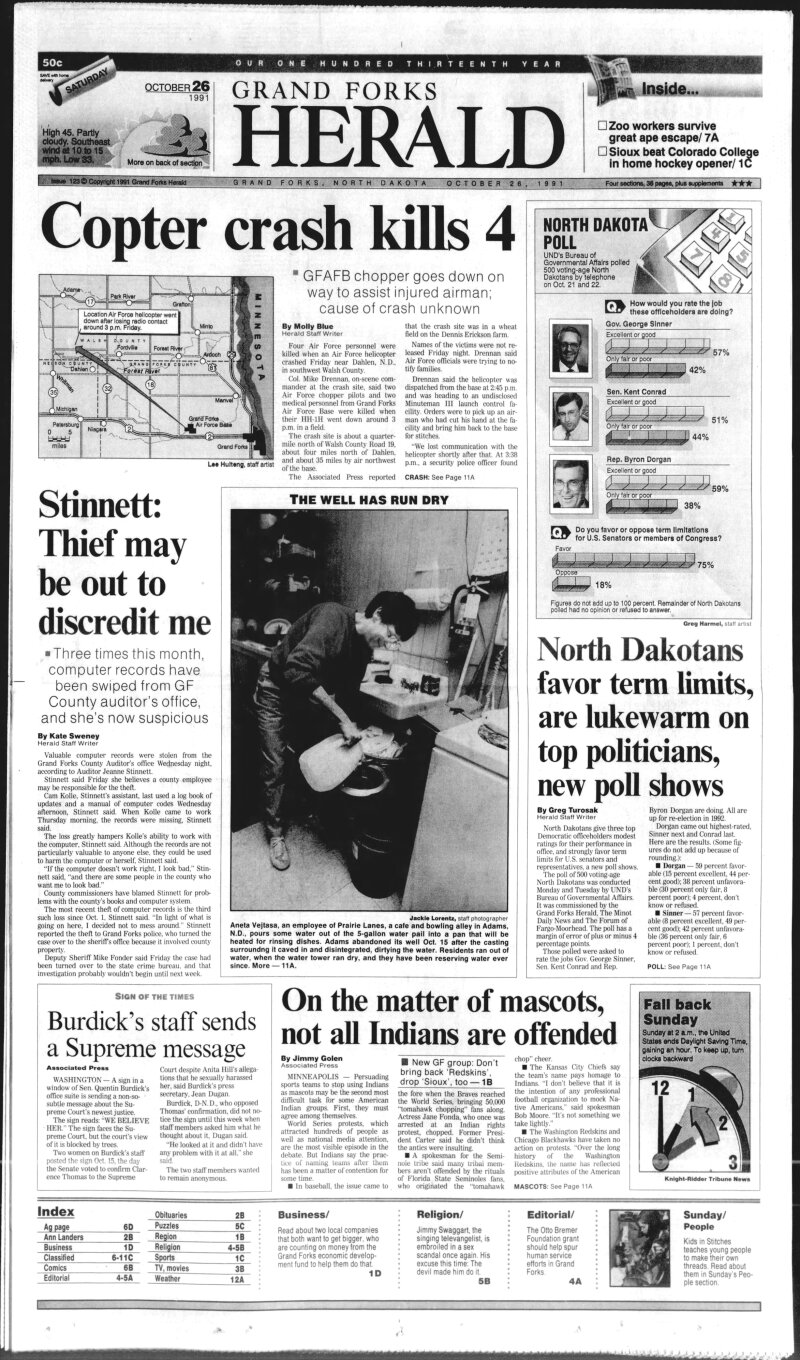UPDATE: Arizona Governor Katie Hobbs has just denounced President Donald Trump’s proposed higher-education compact for the University of Arizona (UA), calling it a “bad deal” as the deadline for feedback looms. The urgent situation arises as the UA must respond to the controversial offer by November 21, 2023.
In a striking move, Hobbs, who is a voting member of the Arizona Board of Regents, skipped a critical executive session on Friday evening, where the compact was discussed. No immediate action was taken following the closed-door meeting, which came after a virtual briefing with the White House regarding the compact.
Hobbs expressed serious concerns over the 10-page document sent to UA and eight other universities on October 1, 2023. Among the demands, the compact mandates standardized testing for all undergraduate applicants, which is currently not required at UA. It also stipulates that universities must maintain a “vibrant marketplace of ideas,” a provision Hobbs criticized as potentially leading to censorship.
“I think we are very much bordering on censorship,” Hobbs stated in an interview with Capitol Media Services.
According to the compact, the UA would need to freeze tuition for five years and cap the number of international students at 15%, with no more than 5% from any one country. While current international student enrollment at UA is just 3.3%, Hobbs noted that these students significantly contribute to the university’s finances, allowing more in-state students to enroll.
The governor articulated that many of the compact’s provisions are troubling, particularly the lack of guarantees for federal funding. She pointed out that any misstep could result in the loss of federal benefits, which could amount to approximately $500 million for the UA.
“The consequences of politicizing all of that is that it’s just not been about funding,” Hobbs said. “It’s been about ending research that is solving the world’s biggest problems.”
Time is running out for UA to respond. A meeting held on Friday was the first of its kind, with the White House urging institutions to provide limited feedback by Monday. Meanwhile, Hobbs has not taken a definitive stance on whether the UA should accept the compact, leaving that decision to the regents.
However, the academic community is vocal against the compact. Approximately 80 top professors at UA have penned a letter urging President Suresh Garimella to reject the offer, citing fears that the ill-defined new benefits could jeopardize existing federal assistance. The Faculty Senate voted overwhelmingly against the compact, with concerns raised about threats to the university’s independence and integrity.
Local government entities, including the Pima County Board of Supervisors and the Tucson City Council, have expressed their opposition as well, with the latter declaring the compact an “unacceptable act of federal interference.”
The urgency is palpable as the UA weighs its options. With the White House asserting that the compact’s terms are “largely in final form,” the time for decision-making is critical. As stakeholders debate the potential ramifications, one thing is clear: the future of federal funding and academic freedom hangs in the balance.
Stay tuned for more updates as this developing story unfolds.







